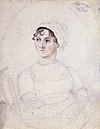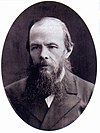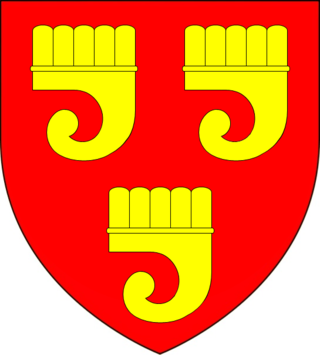
Robert FitzRoy, 1st Earl of Gloucester was an illegitimate son of King Henry I of England. He was the half-brother of the Empress Matilda, and her chief military supporter during the civil war known as the Anarchy, in which she vied with Stephen of Blois for the throne of England.

Marcel Paul Pagnol was a French novelist, playwright, and filmmaker. Regarded as an auteur, in 1946, he became the first filmmaker elected to the Académie française. Although his work is less fashionable than it once was, Pagnol is still generally regarded as one of France's greatest 20th-century writers and is notable for the fact that he excelled in almost every medium—memoir, novel, drama and film.
Legitimacy, in traditional Western common law, is the status of a child born to parents who are legally married to each other, and of a child conceived before the parents obtain a legal divorce. Conversely, illegitimacy, also known as bastardy, has been the status of a child born outside marriage, such a child being known as a bastard, a love child, a natural child, or illegitimate. In Scots law, the terms natural son and natural daughter carry the same implications.

These Old Shades (1926) is a historical romance written by British novelist Georgette Heyer. The novel is set around 1755: Heyer refers to the Duke of Avon's participation in the 1745 uprising as ten years previous; in addition the Prince of Condé is said to be about 20 years old. However, she also refers to Madame de Pompadour as actively involved with Louis XV, whereas her relationship with the King ended at about 1750.
James de la Cloche is an alleged would-be-illegitimate son of Charles II of England who would have first joined a Jesuit seminary and then gave up his habit to marry a Neapolitan woman. His existence has not been proven, and the parentage with Charles II is unlikely if 1644 is his correct birth date, since the king was only 14 years old then. James de la Cloche is mainly known through studies of British historian Lord Acton.
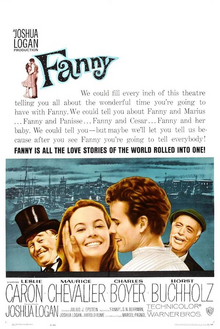
Fanny is a 1961 American Technicolor romantic drama film directed by Joshua Logan. The screenplay by Julius J. Epstein is based on the book for the 1954 stage musical of the same title by Logan and S.N. Behrman, which in turn had been adapted from Marcel Pagnol's trilogy. Pagnol wrote two plays, Marius (1929) and Fanny (1931) and completed the cycle by writing and directing a film, César, in 1936. Meanwhile, Marius (1931) and Fanny (1932) were also produced as films.
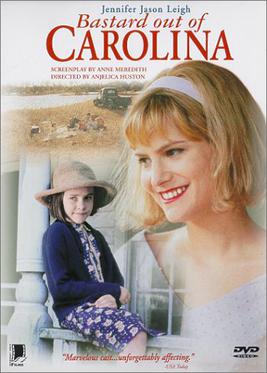
Bastard Out of Carolina is a 1996 American drama film made by Showtime Networks, directed by Anjelica Huston. It is based on the 1992 novel by Dorothy Allison and adapted for the screen by Anne Meredith. Jena Malone stars in her debut as a poor, physically abused and sexually molested girl.

Under Western Eyes (1911) is a novel by Joseph Conrad. The novel takes place in St. Petersburg, Russia, and Geneva, Switzerland, and is viewed as Conrad's response to the themes explored in Fyodor Dostoevsky's Crime and Punishment; Conrad was reputed to have detested Dostoevsky. It has also been interpreted as Conrad's response to his own early life; his father was a Polish independence activist and would-be revolutionary imprisoned by the Russians, but, instead of following in his father's footsteps, at the age of sixteen Conrad left his native land, only to return briefly decades later. Indeed, while writing Under Western Eyes, Conrad suffered a weeks-long breakdown during which he conversed with the novel's characters in Polish.

The Mists of Avalon is a 2001 television miniseries based on the 1983 novel of the same title by Marion Zimmer Bradley. Produced by American cable channel TNT, adapted by Gavin Scott, and directed by Uli Edel, the series retells Arthurian legend from the perspectives of Morgan le Fay and other women of the tale. The first episode was the highest-rated original movie on basic cable in the summer of 2001.

Bastard Out of Carolina is a 1992 novel by Dorothy Allison. Semi-autobiographical in nature, the book is set in Allison's hometown of Greenville, South Carolina in the 1950s. Narrated by Ruth Anne "Bone" Boatwright, the primary conflict occurs between Bone and her mother's husband, Glen Waddell.
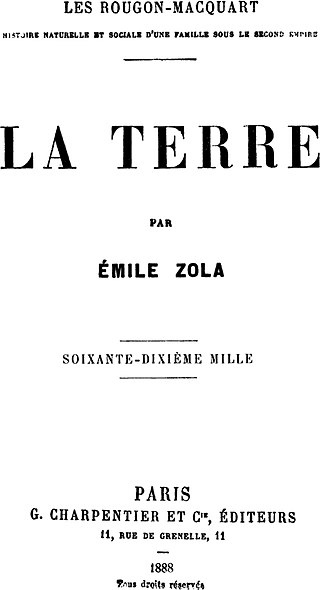
La Terre is a novel by Émile Zola, published in 1887. It is the fifteenth novel in Zola's Rougon-Macquart series. The action takes place in a rural community in the Beauce, an area in central France west of Paris. The novel is connected to others in the series by the protagonist, Jean Macquart, whose childhood in the south of France was recounted in La Fortune des Rougon, and who goes on to feature prominently in the later novel La Débâcle.

Fanny is a musical with a book by S. N. Behrman and Joshua Logan and music and lyrics by Harold Rome. A tale of love, secrets, and passion set in and around the old French port of Marseille, it is based on Marcel Pagnol's trilogy of works titled Marius (1929), Fanny (1931), and César (1936).

Port of Seven Seas is a 1938 American drama film starring Wallace Beery and featuring Frank Morgan and Maureen O'Sullivan. The movie was written by Preston Sturges based on the plays of Marcel Pagnol and the films based on them, and was directed by James Whale, the director of Frankenstein (1931) and The Invisible Man (1933). The cinematography is by Karl Freund, who filmed Fritz Lang's Metropolis (1927) and I Love Lucy (1951-1957).

Ruth is a novel by English author Elizabeth Gaskell, first published in three volumes in 1853.

The King's General is a novel, published in 1946, by English author and playwright Daphne du Maurier.

A royal bastard is a child of a reigning monarch born out of wedlock. The king might have a child with a mistress, or the legitimacy of a marriage might be questioned for reasons concerning succession.

Fanny is a 1932 French romantic drama film directed by Marc Allégret and starring Orane Demazis, Raimu and Alida Rouffe. It is based on the 1931 play by Marcel Pagnol. It is the second part of the Marseillaise film trilogy that begins with Marius (1931) and concludes with César (1936). Like Marius, the film was a box office success in France and is still considered to be a classic of French cinema. It was shot at the Billancourt Studios in Paris and on location in Marseille. The film's sets were designed by the art director Gabriel Scognamillo.

César is a 1936 French film, written and directed by Marcel Pagnol. It is the final part of his Marseille trilogy, which began with the film Marius and was followed by Fanny. Unlike the other two films in the trilogy, César was not based on a play by Pagnol, but written directly as a film script. In 1946 Pagnol adapted the script as a stage play.
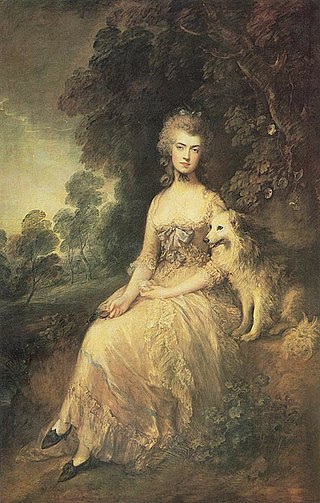
The Natural Daughter with Portraits of the Leadenhead Family is a novel by the English poet, dramatist and novelist Mary Robinson, published in 1799 by T. N. Longman and O. Rees in Paternoster Row in London. The novel was originally published as two volumes; a thousand copies were printed for the first edition of the novel. All the copies sold out quickly, leading to the book's second publication in the same year. This romantic prose narrative is often thought to be Robinson's commentary on the French Revolution and the ideals of the English woman, due to the various characters influenced by France and the members of the revolution who appear in the novel.
Elvira of Sicily was a member of the House of Hauteville who claimed the throne of the Kingdom of Sicily. She is known by an exceptional number of names, including Albinia, Elvira, Maria, Albidina and Blanche.






